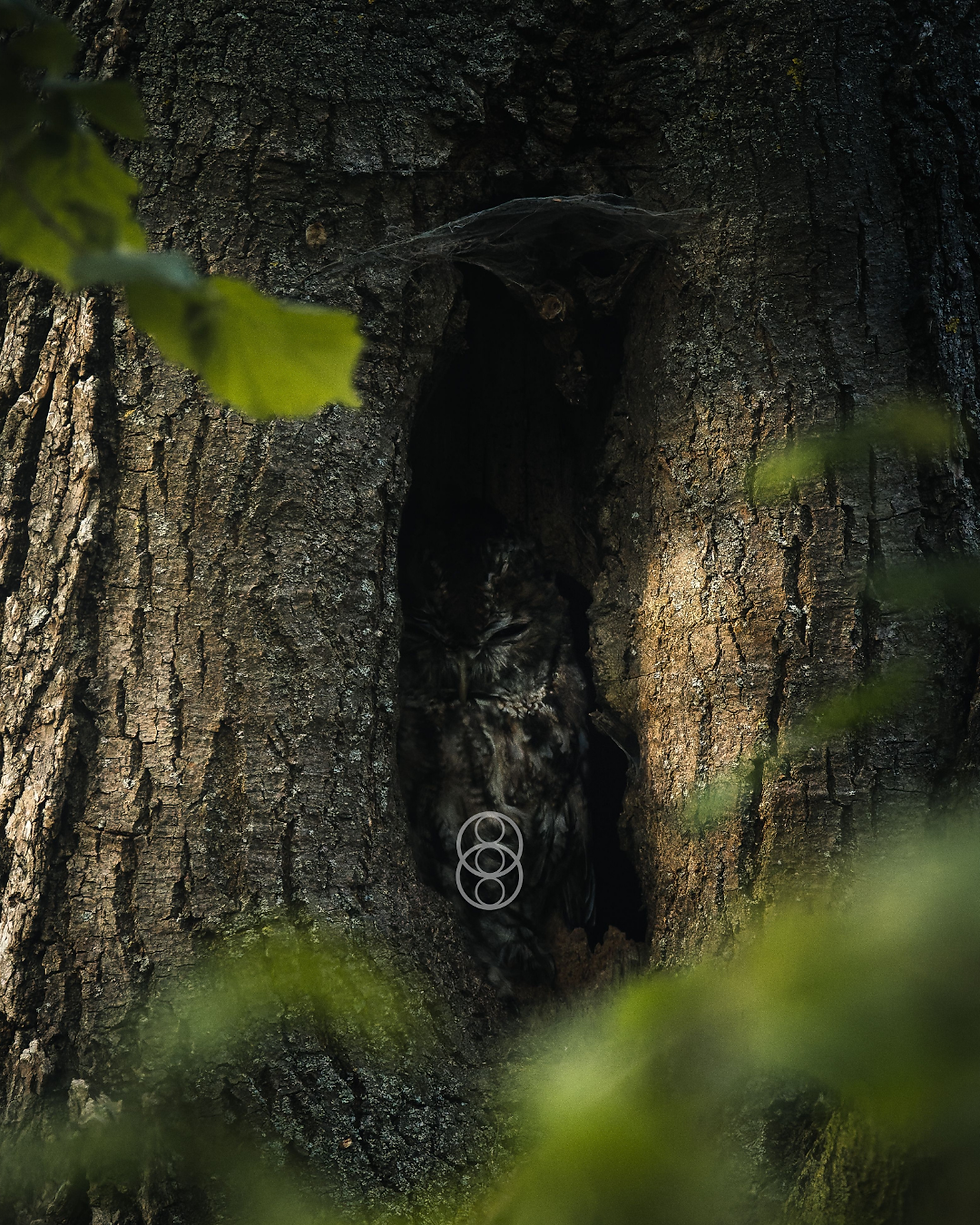Is Reiki Actually a Meditation Practice?
- Andrea Kennedy
- Jan 19, 2021
- 4 min read
Meditation has catapulted in popularity in recent years and is currently firmly embedded in our popular culture. We hear about new scientific studies regularly in the media, we may easily download meditation apps to our smartphones and perhaps we have seen local meditation classes or groups form near where we live. It seems as though meditation is now accepted as much more than a spiritual practice and, instead, is widely regarded as a health practice touted and even prescribed by doctors and medical professionals across major specialties.
In fact, research and the number of scientific studies regarding meditation have dramatically
increased in recent years. A search of ‘meditation’ on the website for the National Center for Biotechnology Information, better known as PubMed (https://pubmed.ncbi.nlm.nih.gov), lists 7456 articles from 1919 to the the very beginning of 2021 with over 40% in just the last 5 years alone as illustrated in the included graphic.

In contrast to that recent trend, the Reiki community, has a decades-long history of both learning and practicing meditation techniques in addition to the practice of Reiki itself. One practice I teach is the Gassho Meditation which is quite similar to mindfulness meditation wherein we focus our attention and gently refocus when we become aware thinking is occurring. While this and other meditation techniques may enhance our Reiki practice, let us compare general meditation techniques and the practice of Reiki itself.
Like many new Reiki practitioners, I believed I could be a better practitioner if I learned to meditate and did so regularly. I attempted to stick to a practice of regular meditation but I found it quite difficult to maintain. Over the years, I would begin with a strong and steady commitment but then I would inevitably meditate less and less often and then feeling as if I had failed, would repeat the pattern time and time again. As a result, I never felt like I was able to reap the benefits I believed meditation practice would undoubtedly yield if I could just stick with it. Luckily, one morning I finally let those feelings of inadequacy go and perhaps, if this feels familiar to you, you will be able to release them as well.
That important day I attended my first mindfulness meditation group meeting. The experienced leader asked the regular attendees to introduce themselves and include what benefits they realized through their regular mindfulness meditation practice. Each took their turn revealing their personal results including examples such as feeling less stress, less worry and anxiety, enjoying better sleep, increased optimism and decreased chronic pain among other commonly documented benefits. The last woman then offered a description I found to deeply resonate with me. She explained she used to react to life as if it was occurring right at the tip of her nose. However, as a result of her regular meditation practice, she gradually moved from reaction to response because she now felt as though life was happening more at a distance from herself. This shift in awareness allowed her to observe and then decide how to best respond in words and actions. She shared how this transferred to feeling more balanced in her relationships with others, more peace within herself and as though she was a part of life’s flow and no longer just affected and by it.
I immediately identified what she described as my own experience but I had never achieved meditation with any lasting regularity. How was it I had seen these same changes within me? The one practice I regularly kept was that of Reiki for myself and for others. I knew it was, at the very least, relaxing for me but I simply never considered Reiki as meditation. I left the mindfulness group wondering about the similarities between my experience and theirs.

Sharma, M.D. from the Center for Integrative Medicine at The Ohio State University defines meditation as, “an exercise of consciousness that results in the expansion of consciousness beyond the day-to-day experience of duality. It is an experience of unity, which reduces stress and brings increased creativity and efficiency to the functioning of the inner faculty. This is an exercise that occurs without the mind directing the process.”1
Though Reiki practice includes a bit more than what the doctor states, undoubtedly, his definition does apply to Reiki. Practitioners do not direct the Reiki with their minds but allow the energy to direct the session. They commonly describe feelings of expansion and oneness while offering Reiki. Of course, Reiki reduces stress which is widely reported and I, along with other practitioners I have talked with, often enjoy extraordinary creative inspiration, discover solutions to problems and receive answers to questions.
In addition to these benefits occurring for Reiki practitioners, those receiving Reiki treatment often report the same benefits. Passively receiving one session of Reiki may illicit equivalent results when compared to actively performing one meditation session. Another similarity between both practicing and receiving Reiki and meditation is that deeper, longer lasting shifts on physical, mental, emotional and spiritual levels come through regular sessions.
Given the parallels between the practices of Reiki and meditation, perhaps it is time to expand our thinking regarding Reiki practice and recognize it as an actual form of meditation in and of itself. Then we may begin to include this aspect of Reiki in our presentations when describing Reiki to others. And because the popularity and scientific support for meditation continues to grow, so too, may Reiki’s acceptance as a valid complementary therapy resulting in becoming more widely available to help an increasing number of people.
Citation:
Sharma H. Meditation: Process and effects. Ayu.
2015;36(3):233-237. doi:10.4103/0974-8520.182756

.png)


